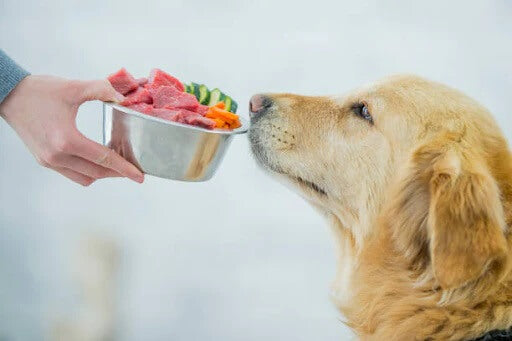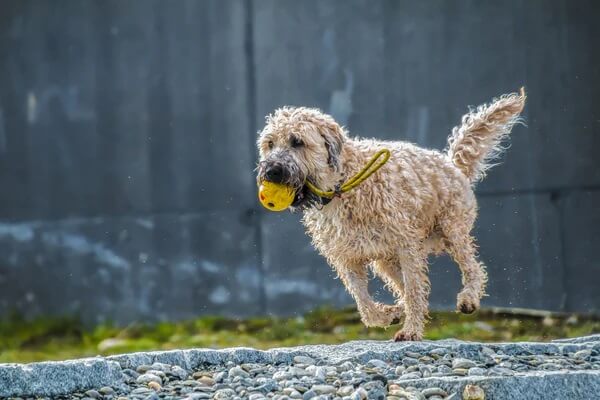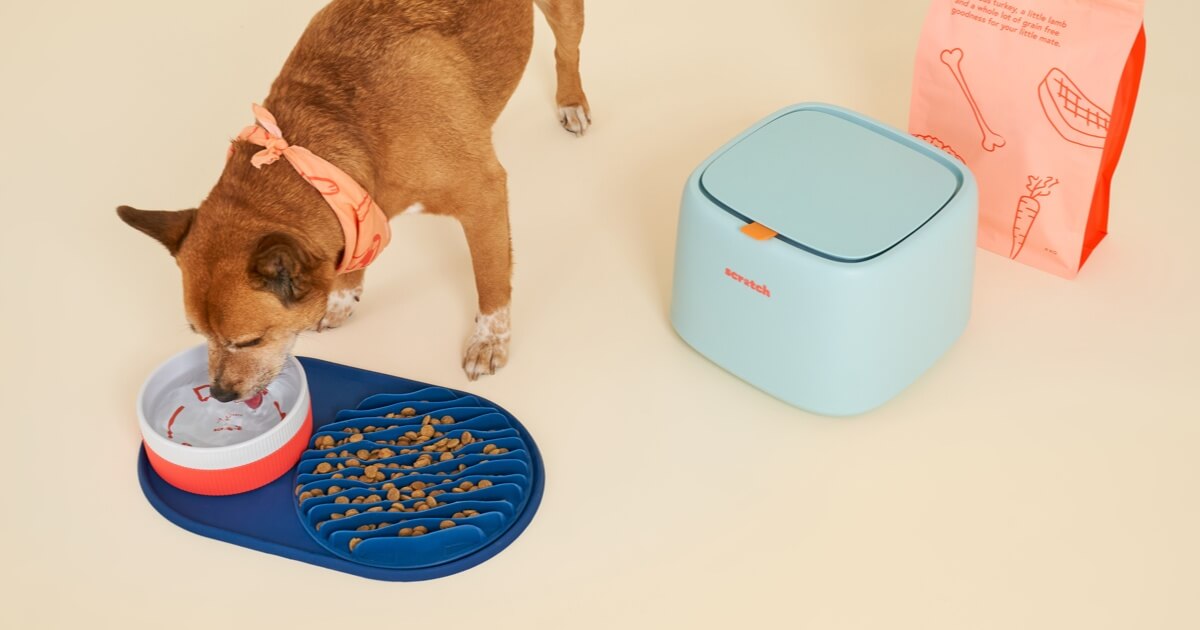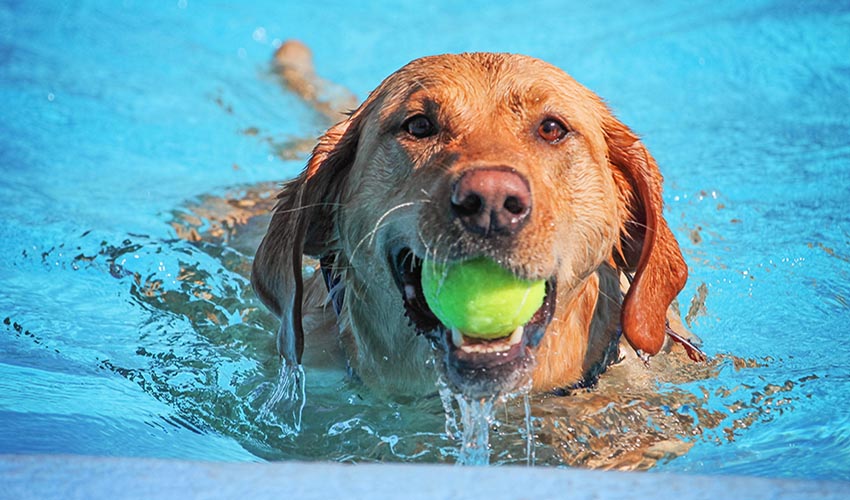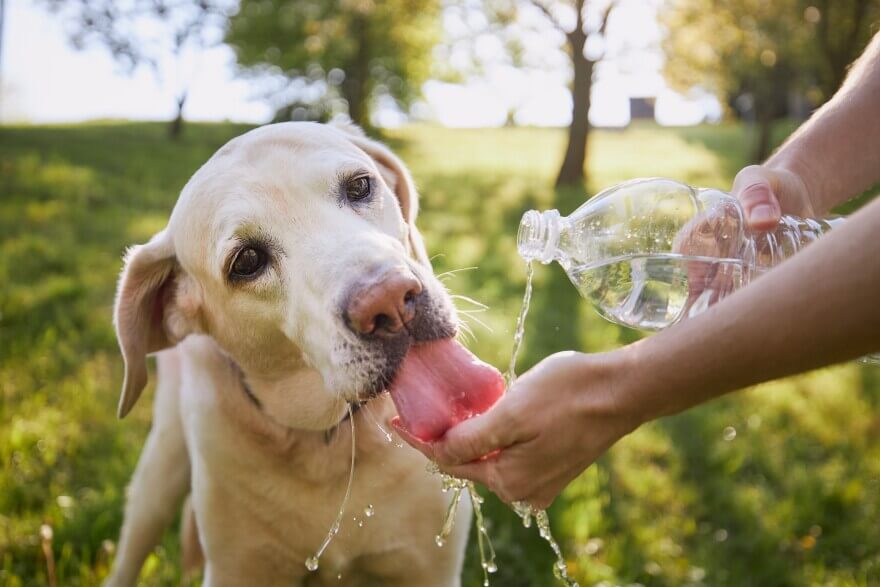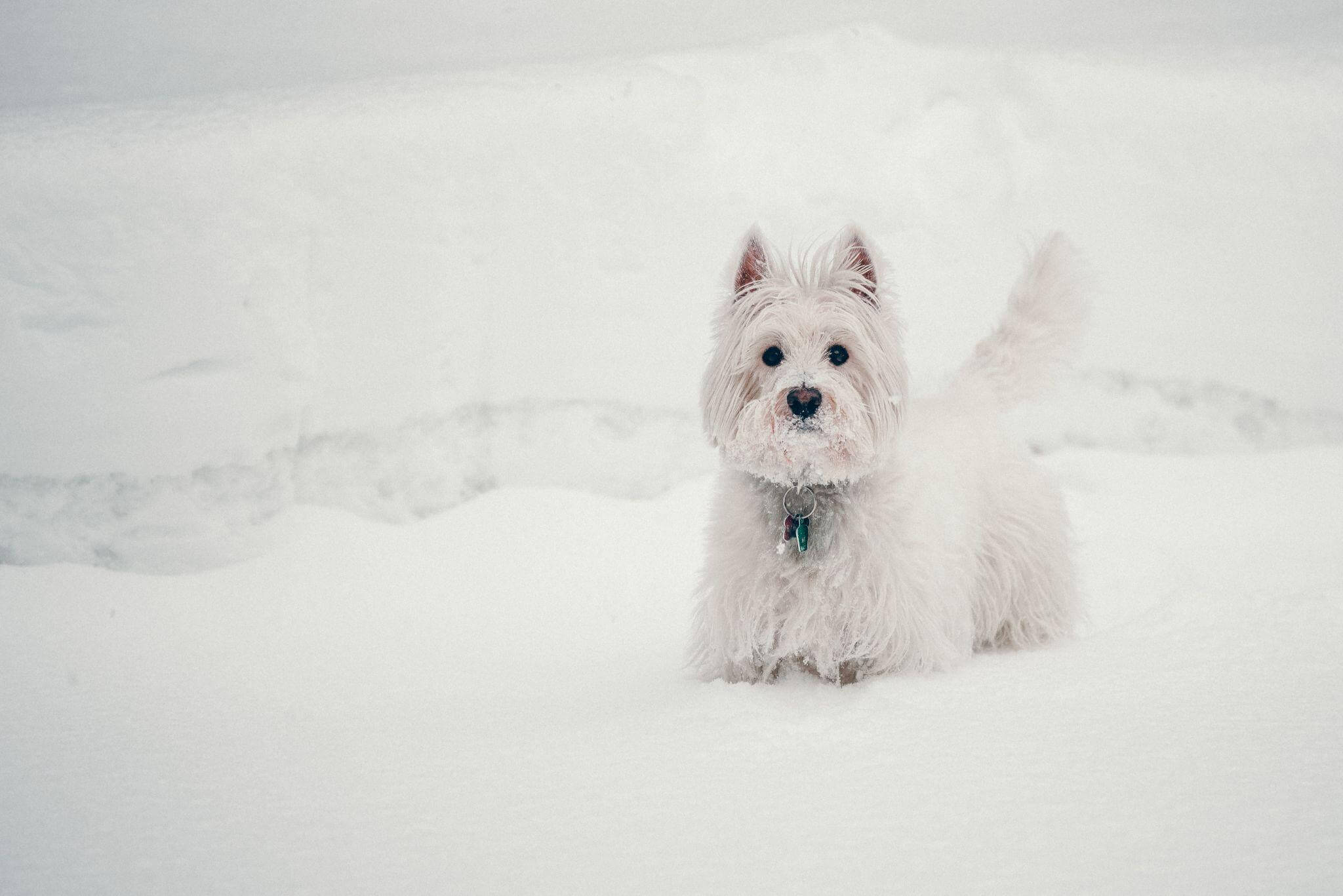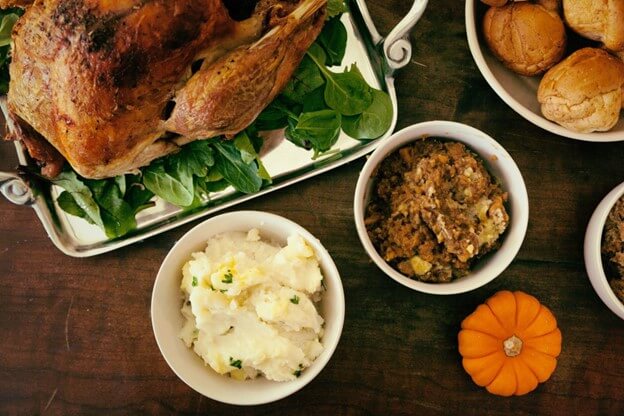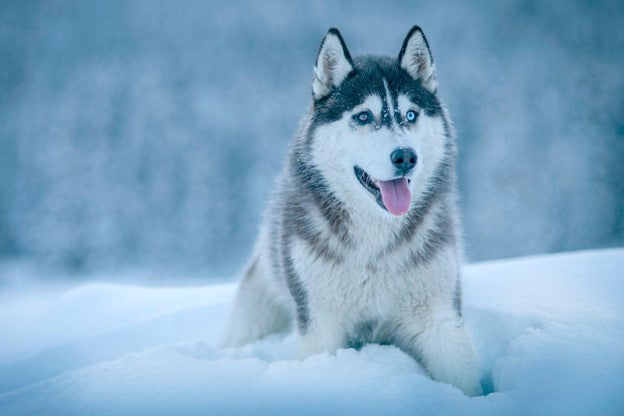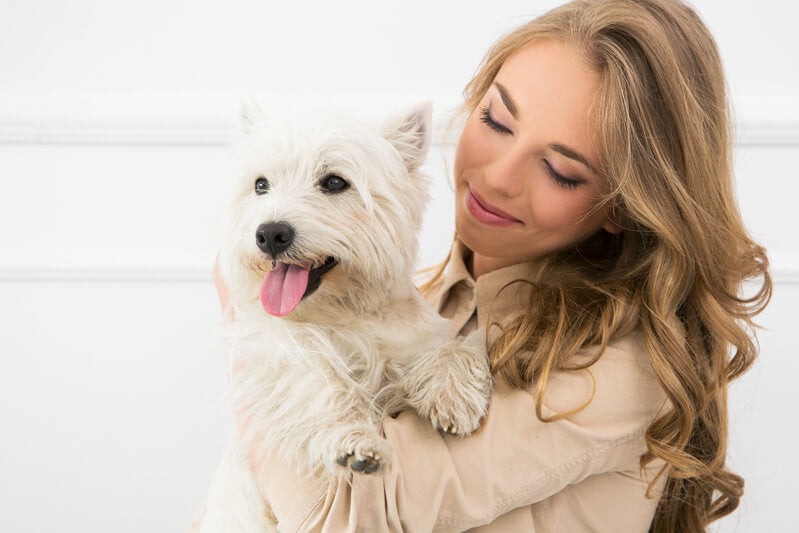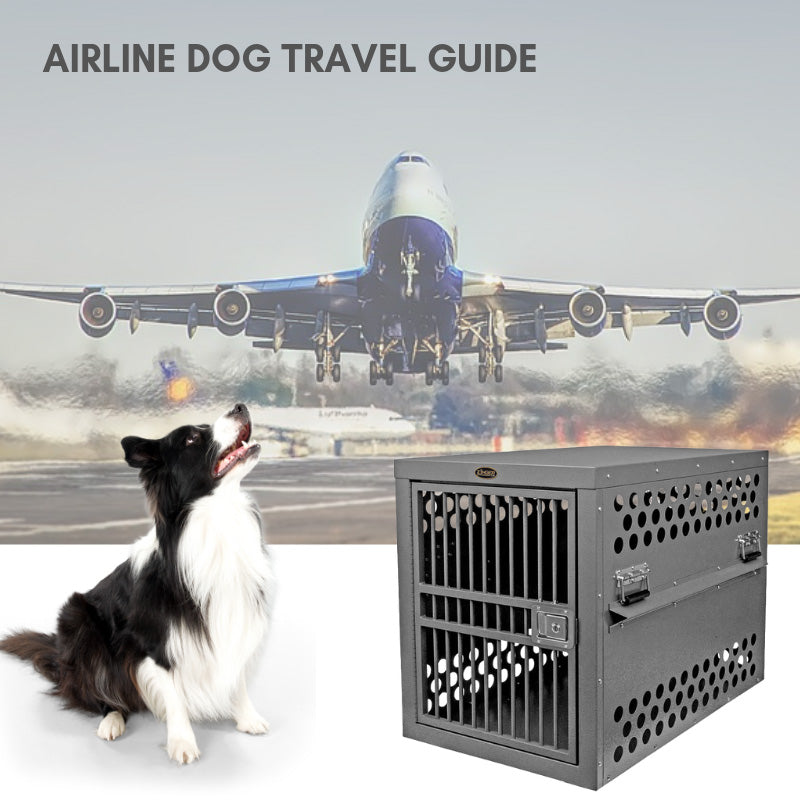
Winter Nutrition: Adjusting Your Dog's Diet for Optimal Health in Cold Weather
By Adeo Pets
As the temperature drops and winter arrives, it's essential to pay attention to your dog's nutrition. Just like humans, dogs have unique dietary needs that can vary with the seasons. In this blog post, we will explore the importance of adjusting your dog's diet for optimal health during the cold winter months. From understanding their energy requirements to selecting high-quality foods and managing portion control, we'll provide you with valuable insights on how to nourish your dog during this season.
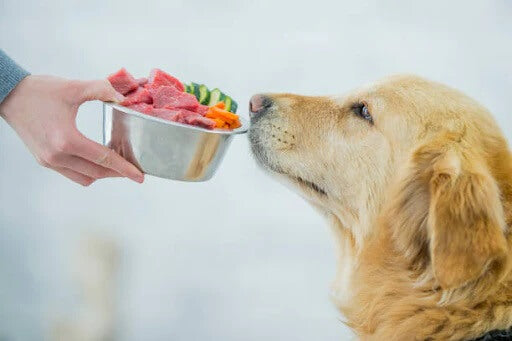
Assessing Energy Requirements
During winter, dogs may need more energy to maintain their body temperature and stay active in the colder weather. Assess your dog's activity level, breed, age, and overall health to determine if adjustments to their diet are necessary. Working dogs or active breeds may require slightly more calories, while senior dogs or those with limited mobility may need portion control to prevent weight gain.
High-Quality and Nutrient-Dense Foods
Opt for high-quality dog foods that are rich in essential nutrients. Look for products that feature animal protein as the primary ingredient, such as chicken, turkey, or fish. These proteins provide the necessary amino acids for muscle maintenance and overall health. Additionally, select foods that contain a balanced blend of carbohydrates, healthy fats, vitamins, and minerals to support your dog's immune system and keep their coat and skin healthy.
Omega-3 Fatty Acids for Skin and Coat Health
The dry and cold winter air can take a toll on your dog's skin and coat. Incorporating omega-3 fatty acids into their diet can help alleviate dryness and maintain a healthy coat. Consider adding fish oil supplements or foods rich in natural sources of omega-3, such as salmon or flaxseed, to promote optimal skin and coat health.

Portion Control
Maintaining a healthy weight is important for your dog's overall well-being, even during the winter months. Monitor their food intake and adjust portion sizes as needed. Avoid overfeeding, as decreased activity levels in colder weather can lead to weight gain. Consult your veterinarian for specific portion guidelines based on your dog's size, breed, and activity level.
Treats and Snacks
Winter often brings a festive atmosphere, and it can be tempting to indulge your dog with extra treats. While occasional treats are fine, be mindful of the quantity and quality. Opt for healthy, natural treats that provide nutritional benefits. Consider homemade treats using ingredients like pumpkin, sweet potatoes, or carrots, which offer added fiber and vitamins.
Hydration is Key
Although dogs may not feel as thirsty during winter, proper hydration is still crucial. Ensure your dog has access to fresh, clean water at all times. Monitor their water bowl to prevent freezing, and consider using heated bowls or offering slightly warm water to encourage drinking.

Consultation with a Veterinarian
Every dog is unique, and their dietary needs may vary. If you have specific concerns or questions about your dog's nutrition during winter, consult with your veterinarian. They can provide tailored advice based on your dog's health, breed, and individual requirements.
Conclusion
Adjusting your dog's diet for the winter season is essential to support their overall health and well-being. By understanding their energy needs, providing high-quality and nutrient-dense foods, managing portion control, and offering proper hydration, you can ensure that your furry friend thrives during the colder months. Remember, a balanced diet is key to keeping your dog happy, healthy, and full of energy, regardless of the season.
- Feb 15, 2024
- in Pet Blog



